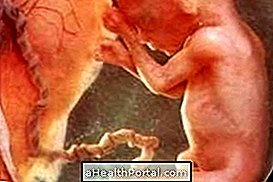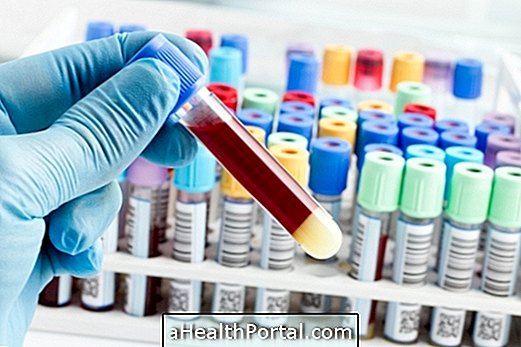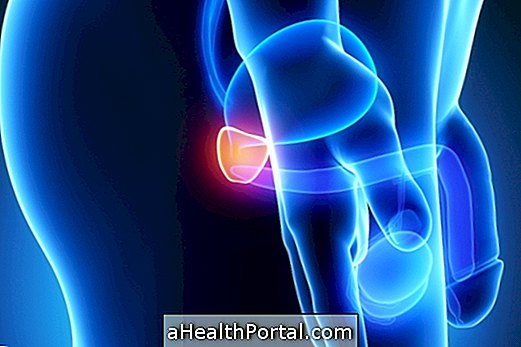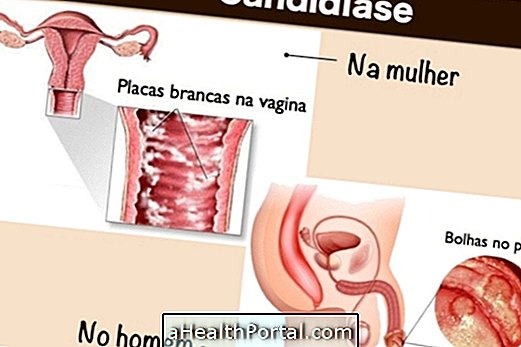Anembryonic pregnancy occurs when the fertilized egg implants in the woman's uterus, but does not develop an embryo, generating an empty gestational sac. It is considered one of the leading causes of miscarriage during the first trimester, but it is not a common occurrence.
In this type of pregnancy, the body continues to act as if the woman were pregnant and therefore, if a pregnancy test is done during the first weeks, a positive result can be obtained because the placenta is developing and producing the hormones necessary for gestation, and it is even possible to have some symptoms like nausea, tiredness and sore breasts.
However, until the end of the first 3 months of pregnancy, the body will identify that there is no embryo growing inside the gestational sac and will terminate the pregnancy, causing an abortion. Sometimes this process is very fast, happening in a few days, so it is possible that the woman does not even realize that she was pregnant.
Look at the symptoms of abortion.
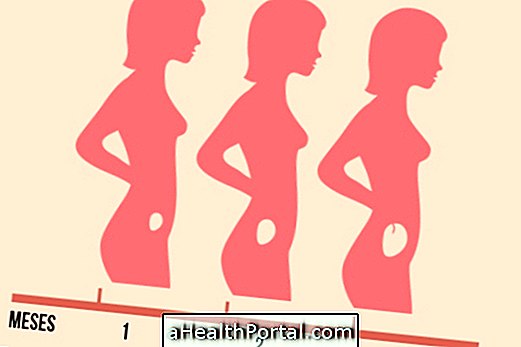
What can cause this type of pregnancy
In most cases anembryonic pregnancy occurs due to a change in the chromosomes that carry the genes inside the ovum or the spermatozoa and, therefore, it is not possible to prevent the development of this type of pregnancy.
Thus, although it may be a shock to the pregnant woman, she should not feel guilty about abortion, since it is not a problem that can be avoided.
How To Identify This Type Of Pregnancy
It is quite difficult for the woman to identify that she is having an anembryonic pregnancy because all signs of a normal pregnancy are present, such as lack of menstruation, positive pregnancy test and even the first symptoms of pregnancy.
Thus, the best way to diagnose anembryonic pregnancy is during the ultrasound done in the first 3 months of pregnancy. At this examination, the doctor will look at the amniotic sac, but will not be able to identify an embryo, nor will it be able to hear the fetal heartbeat.
What to do and when to get pregnant again
Anembryonic pregnancy usually only happens once in a woman's life, however, it is recommended to wait until the first menstrual period after abortion, which happens about 6 weeks later, to try to get pregnant again.
This time must be respected to allow the body to eliminate all residues from the inside of the uterus and recover properly for a new pregnancy.
In addition, a woman should feel emotionally recovered from the abortion before attempting a new pregnancy because, even if it is not her fault, it can cause feelings of guilt and loss that need to be overcome.

